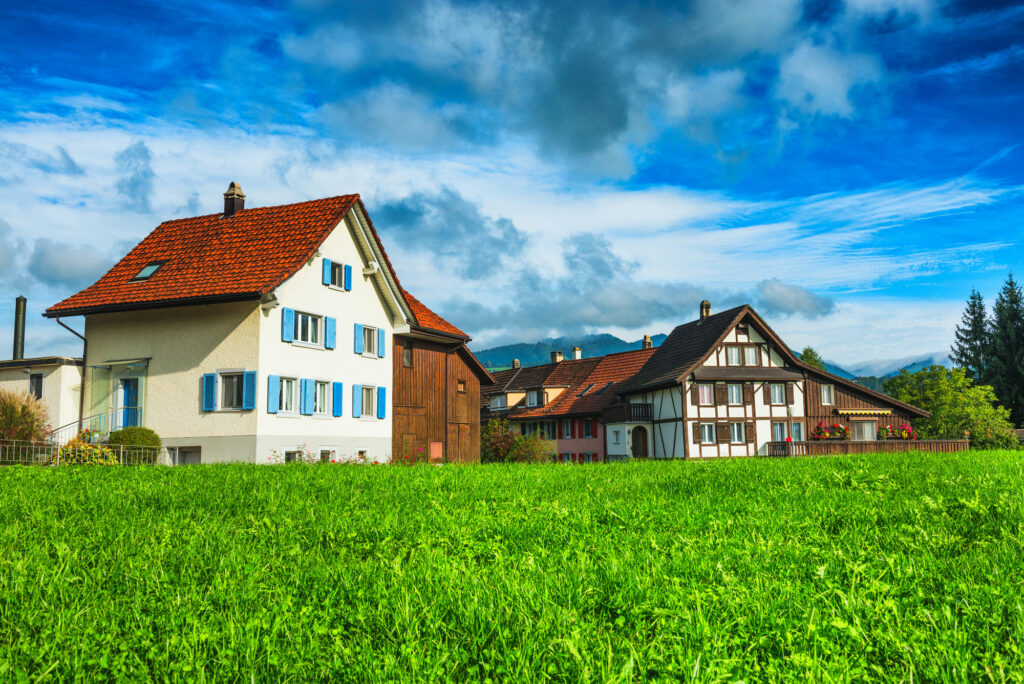Published: 04.06.2020
#RuralRecovery
Tackling the significant socio-economic impact of the COVID-19 pandemic will constitute an unprecedented challenge for the European Union (EU). As the situation continues to evolve, emergency measures remain a priority and the FREE Initiative expresses its strong support for the EU’s response to tackle the immediate consequences of the crisis.
As an initiative created to give a voice to all those for whom rural energy matters, FREE (Future of Rural Energy in Europe) calls on the European institutions to help rural communities cope with the economic consequences of COVID-19.
130 million people live in rural areas across Europe (Eurostat, 2018). These communities matter economically, politically and culturally. The resilience of rural businesses, notably in the agri-food and tourism sectors, is severely impacted by the long-term consequences of the COVID crisis. To ensure a just economic recovery at local level, the EU response needs to understand and reflect the conditions in rural areas.
Rural communities are disadvantaged when it comes to energy choice. European citizens living in rural areas face a reduced, costly, and often polluting and carbon-intensive choice to meet their energy needs – not to mention an older and hard to heat or treat housing stock. To overcome rural energy challenges in a post-COVID world and meet the 2050 climate neutrality target, EU policies need to address air quality, emission reduction and energy affordability in rural areas.
To deliver a just economic recovery, we call on the EU institutions to take into account the specific energy needs of rural communities by:
-
Ensuring that the upcoming ‘Renovation Wave’ addresses the rural energy poverty challenge by supporting the roll-out of cost-effective solutions in rural areas.
-
Allowing an efficient energy transition in rural areas by supporting the replacement of old heating systems to reduce greenhouse gas (GHG) emissions and energy consumption of off-grid homes.
-
Promoting decentralised, flexible and affordable energy solutions for rural households and businesses located off the grid, to secure their economic recovery following the COVID crisis.
-
Tackling the rural air quality problem by developing incentives for cleaner and decarbonised energy alternatives, and lowering the dependence on high-polluting coal and oil.


Recent Comments